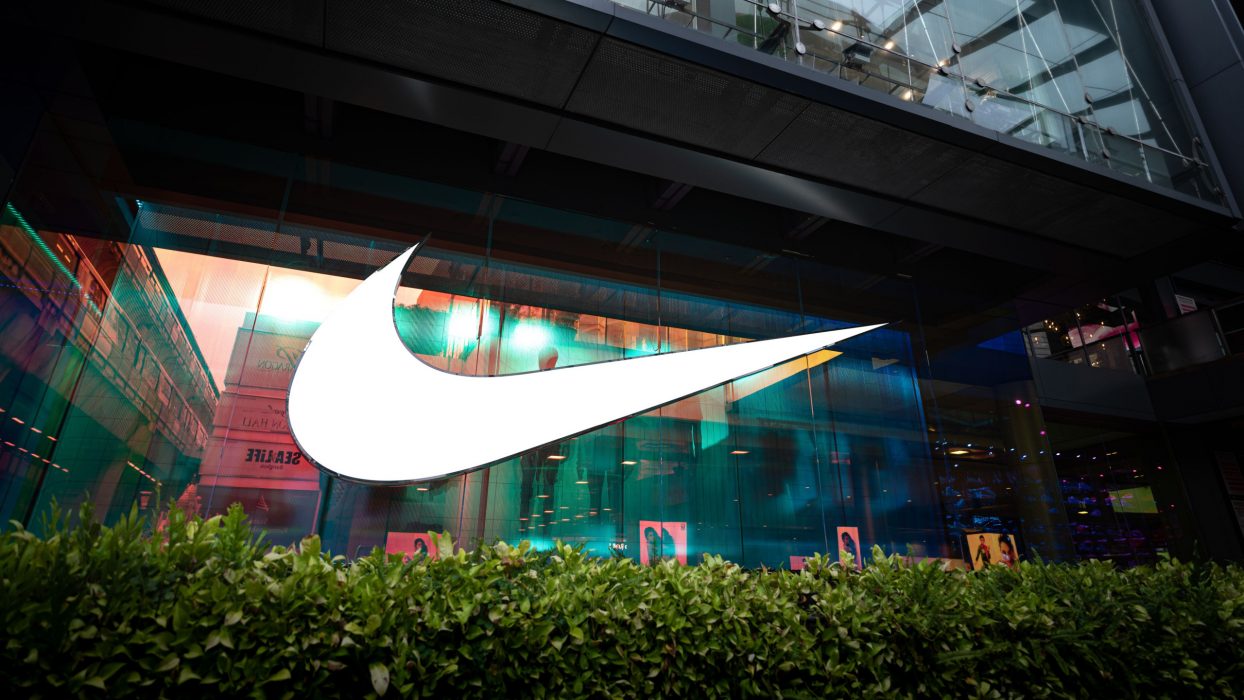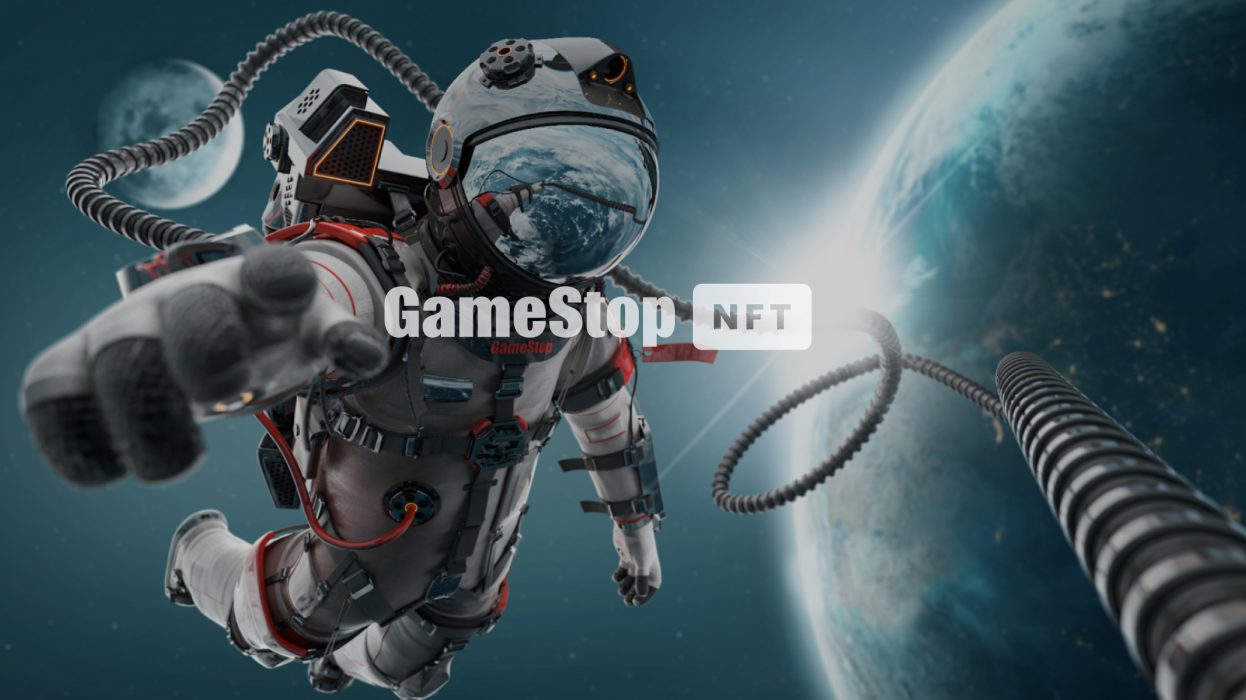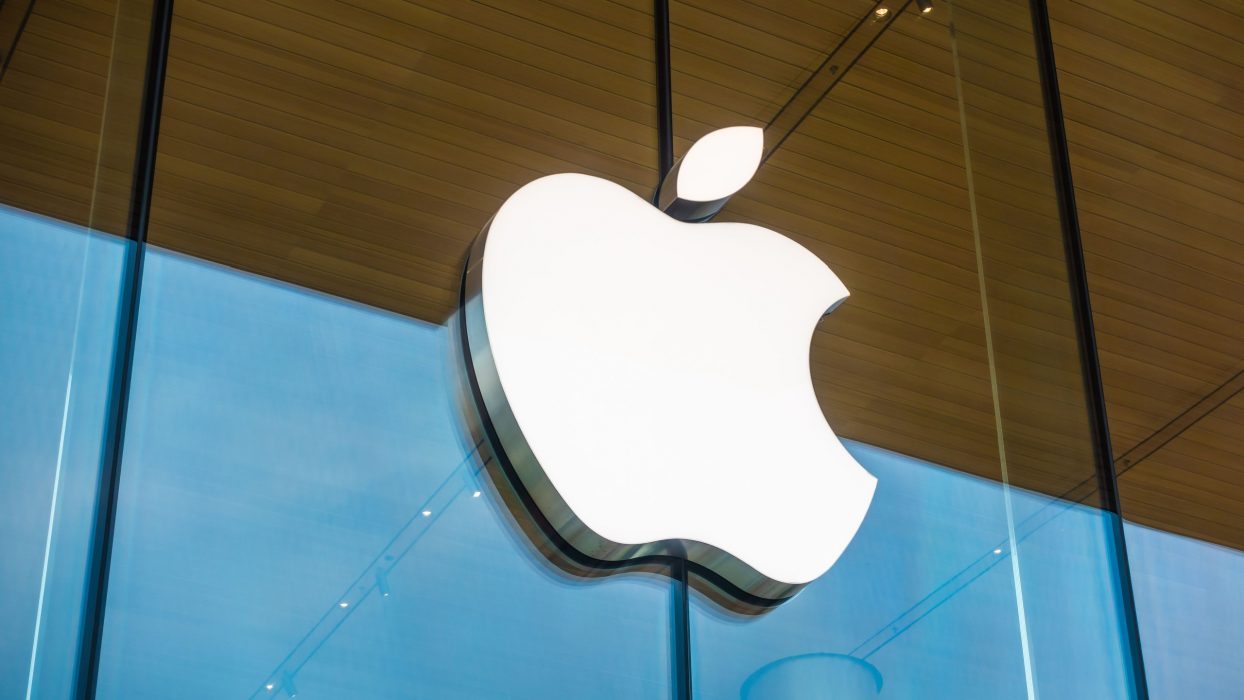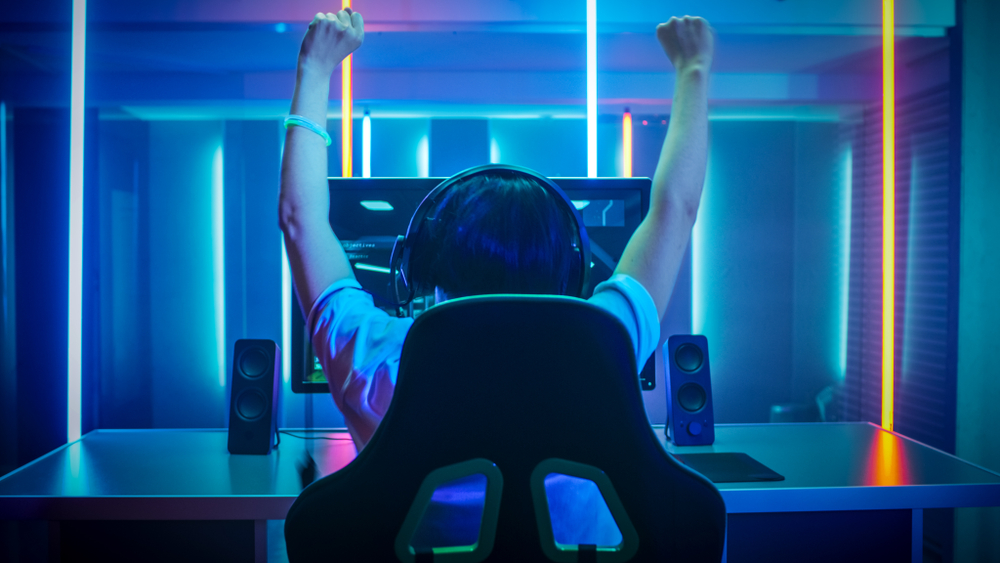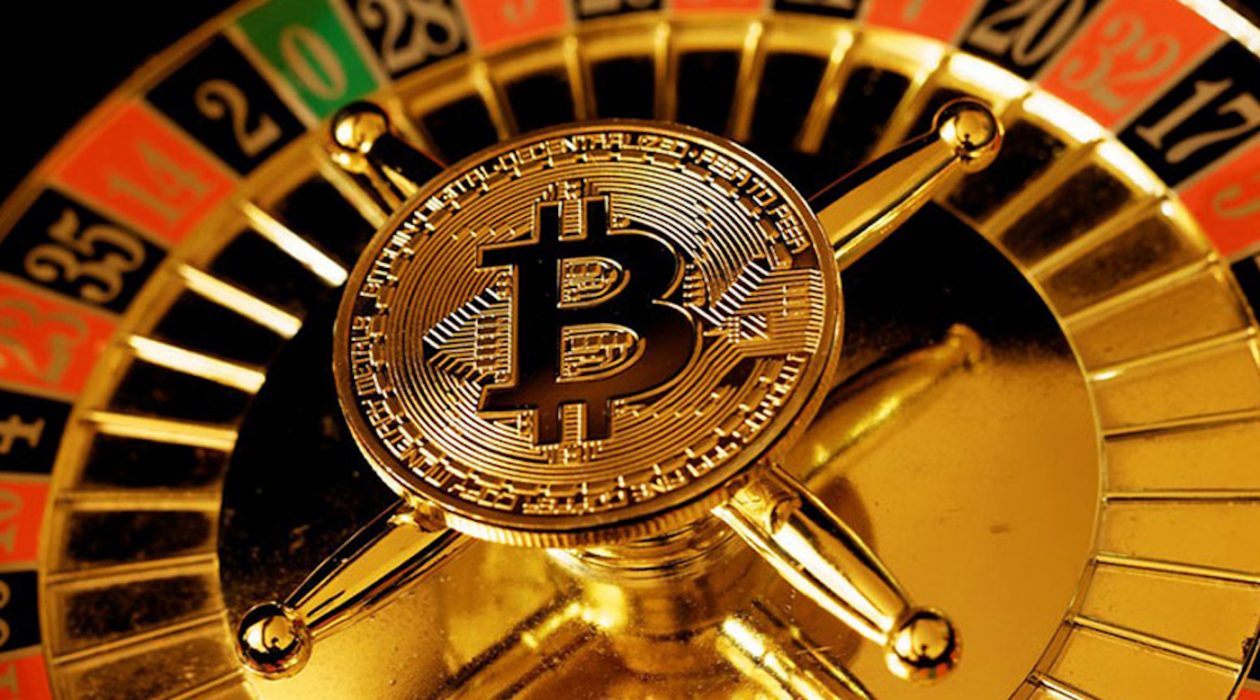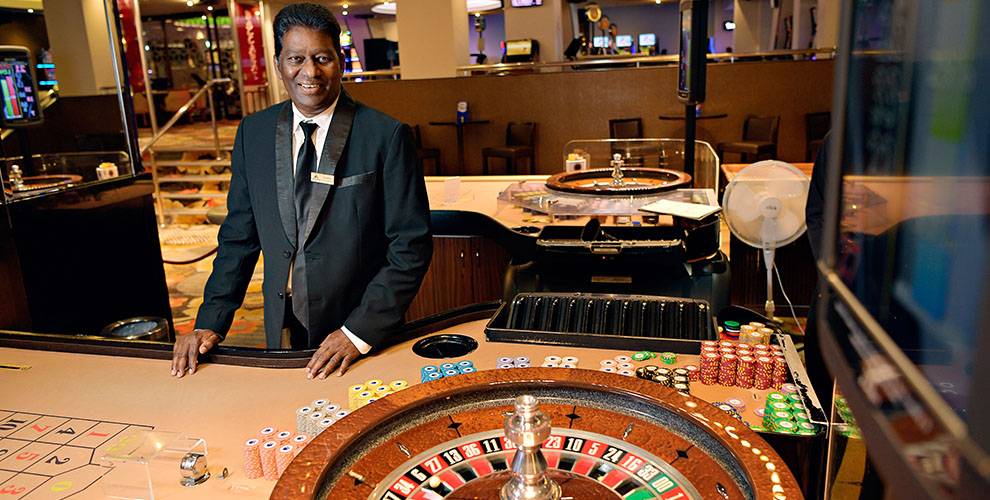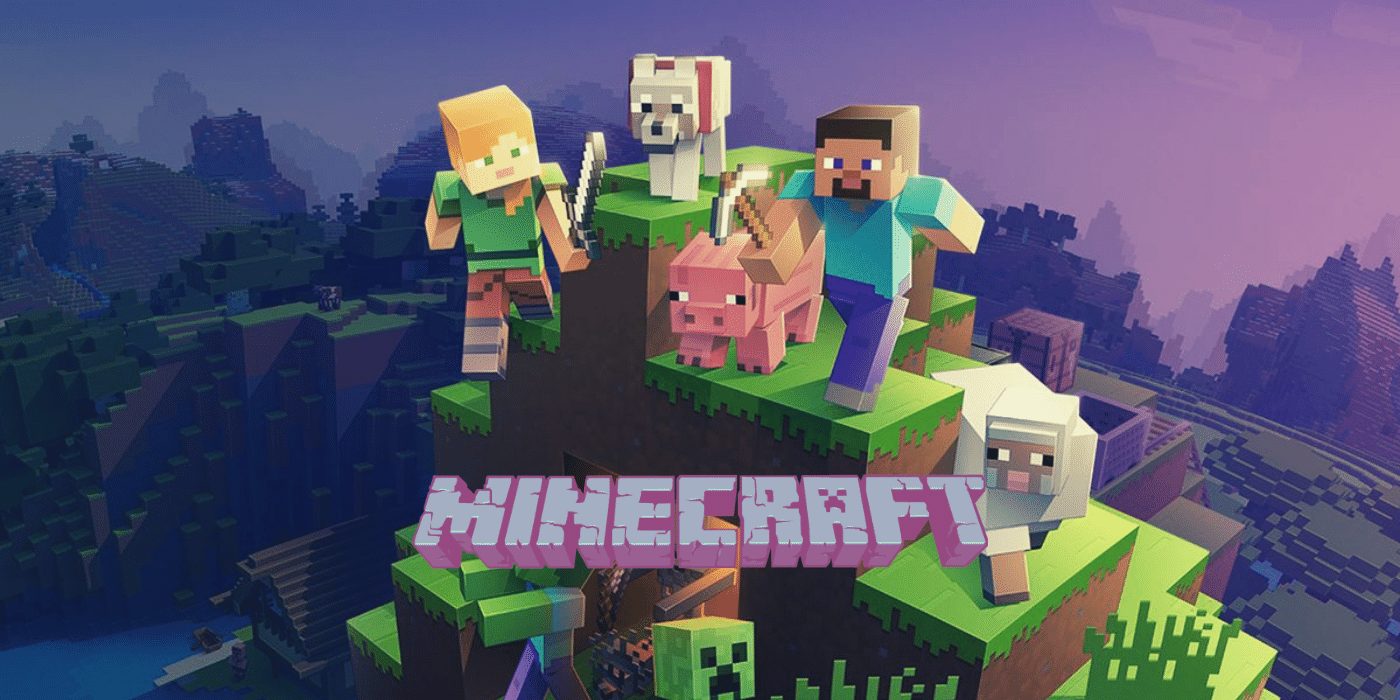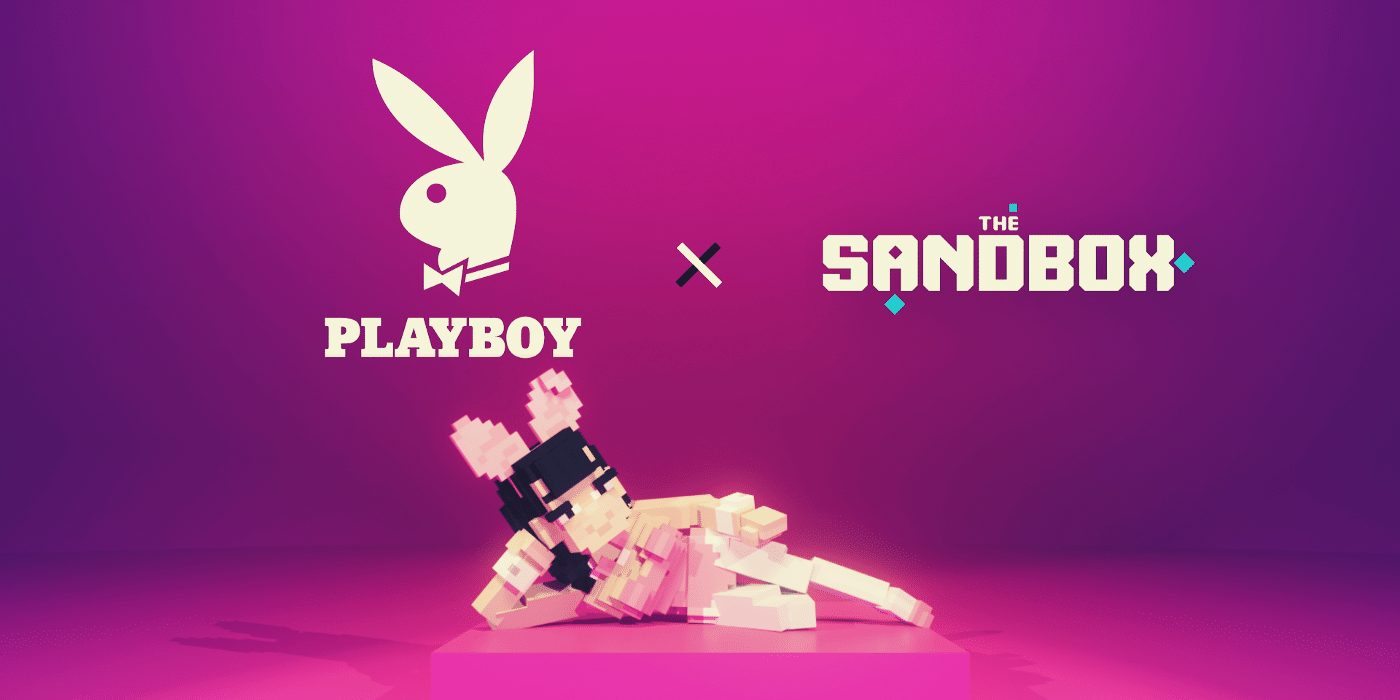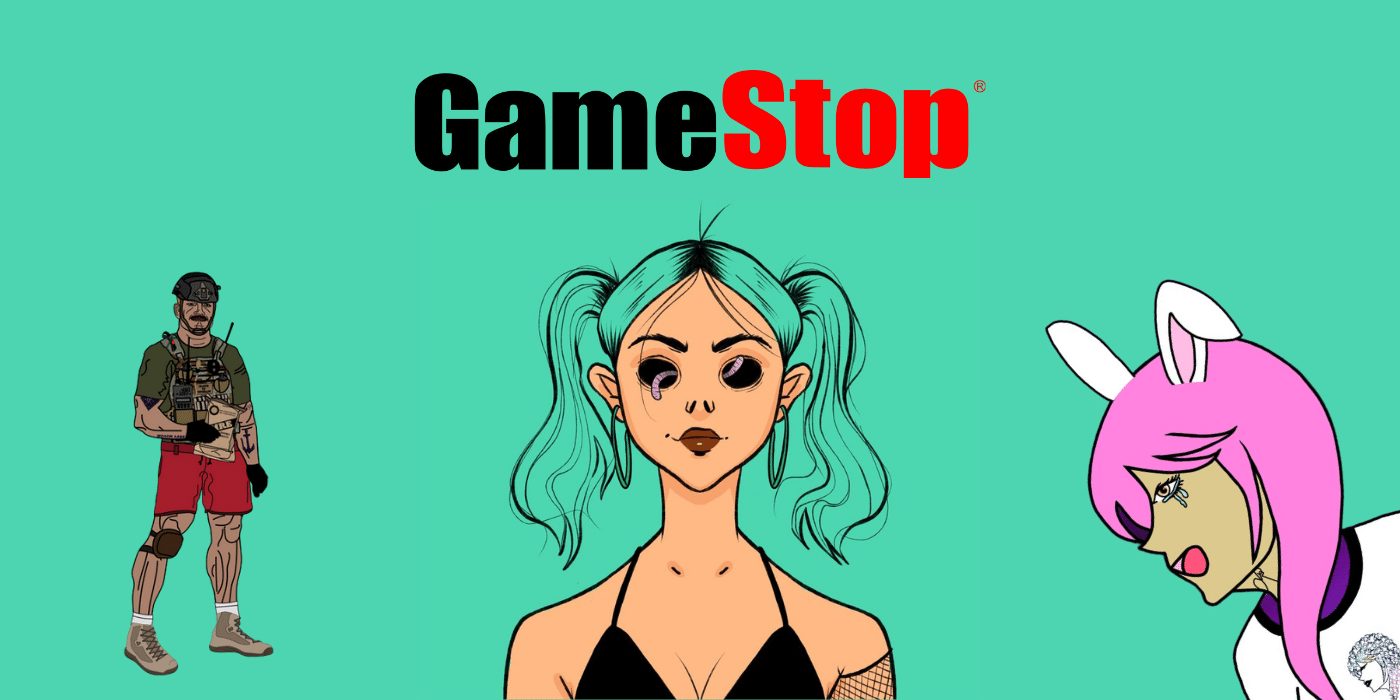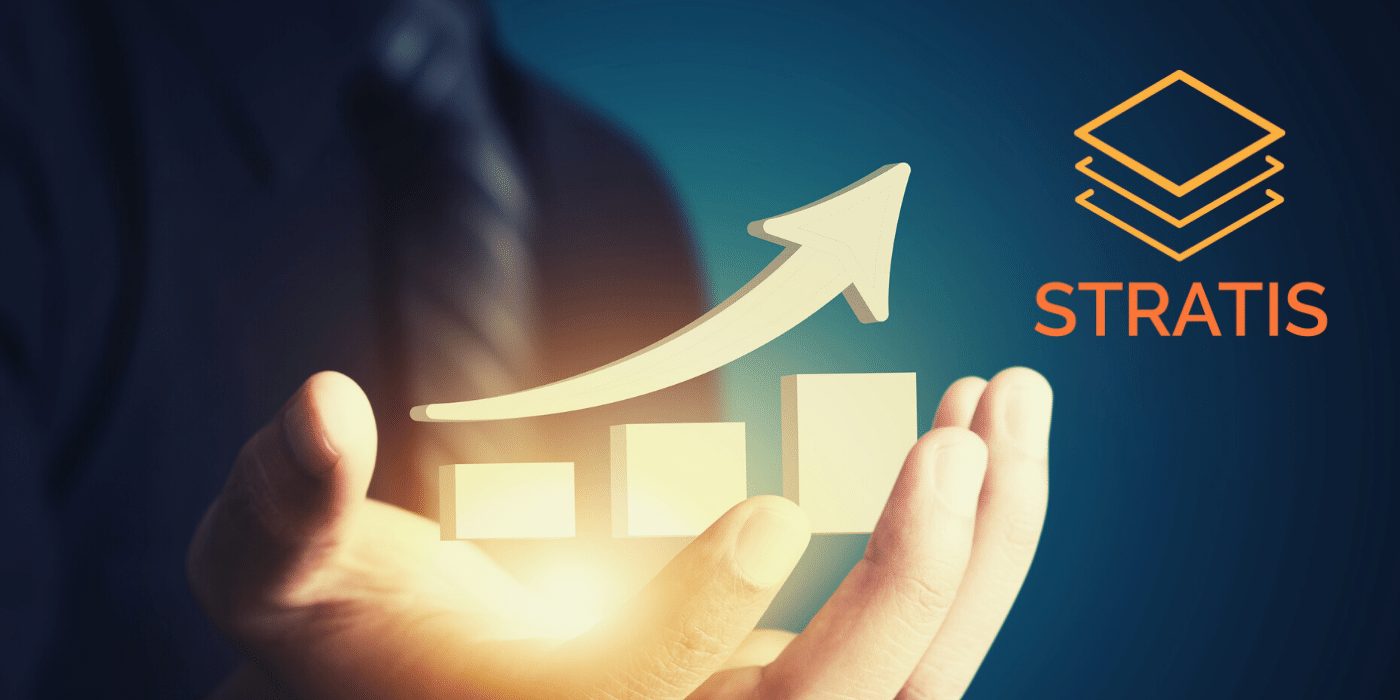Global footwear giant, Nike, has announced the launch of its new NFT platform which is touted to become the centrepiece of the brand’s push into Web3.
The platform, known as .Swoosh, will feature Nike’s virtual apparel and footwear creations, which will be able to be purchased, traded and used in a range of yet to be announced Web3 games and “other immersive experiences”.
.Swoosh, which runs on the Polygon blockchain, will also provide future opportunities for select co-creators to partner with Nike to make NFTs on the platform and earn royalties.
.Swoosh Nike’s Latest Push Into Web 3
Nike has slowly been increasing its adoption of Web 3 tech over the past few years — in 2019 the brand filed a patent for Web3 enabled sneakers known as ‘Cryptokicks’ and in 2020 Nike acquired fashion NFT startup RTFKT Studios.
The launch of .Swoosh however, suggests a more strategic approach and deeper commitment to Web 3 from Nike. In the release announcing the launch of .Swoosh, Nike spelled out its ambitious hopes for the new platform saying its purpose is to “expand the definition of sport” by “democratising the web3 experience so that everyone can collect, create and own a piece of this new digital world.”
Speaking on the launch of the new platform, Ron Faris, General Manager of Nike Virtual Studios further explained:
“We are shaping a marketplace of the future with an accessible platform for the web3-curious…In this new space, the .SWOOSH community and Nike can create, share, and benefit together.”
Ron Faris, General Manager of Nike Virtual Studios
.Swoosh will remain in invite-only beta for the rest of 2022, with the first collection planned to be launched sometime in 2023.

